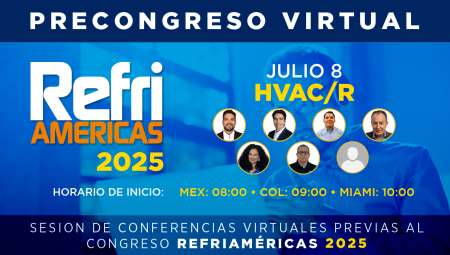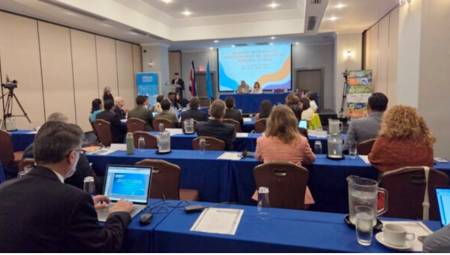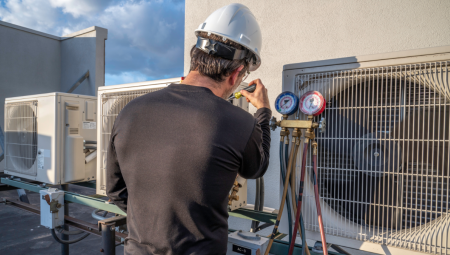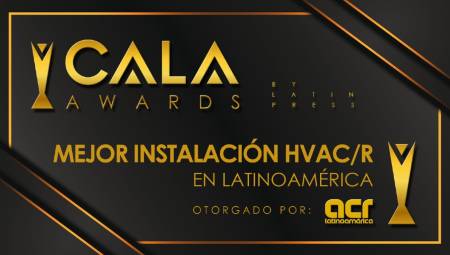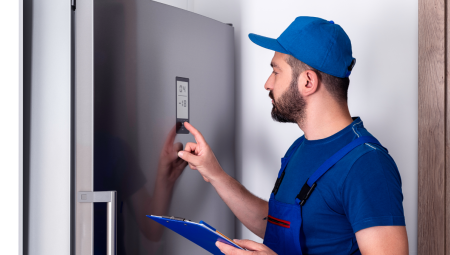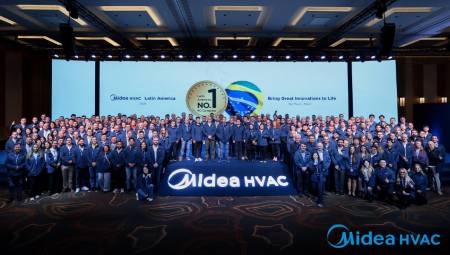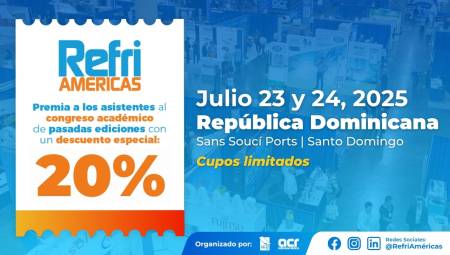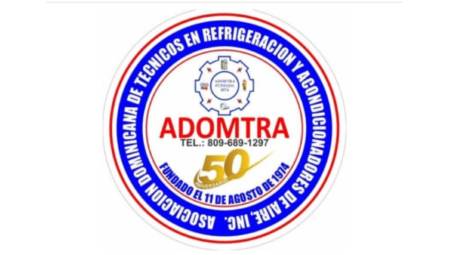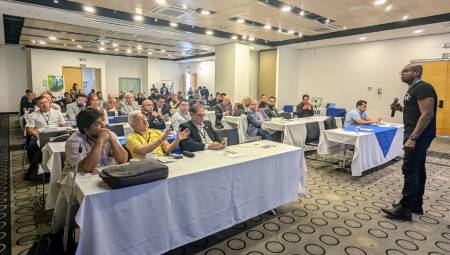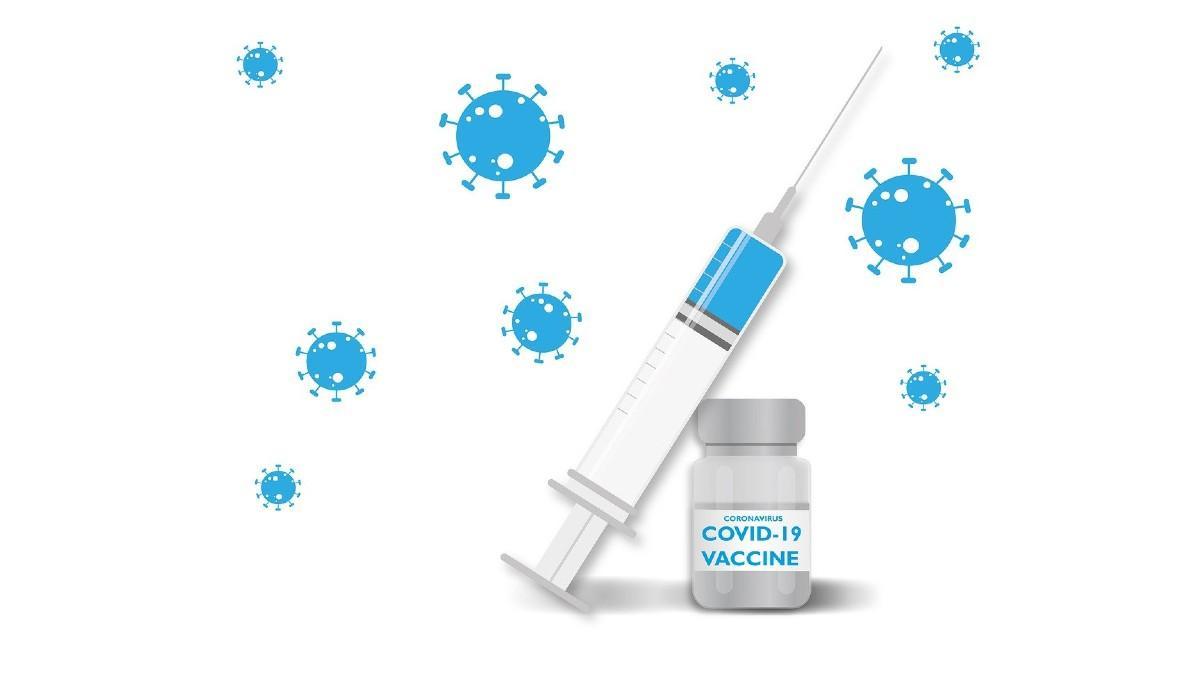 Spain. Researchers from the Universitat Politècnica de València (UPV) have developed a new autonomous ultracold system (Ultracold Autonomous Container-CAU) that allows the transport of vaccines against Covid19 that require very low temperatures. The system is capable of reaching up to -200 degrees Celsius, using exclusively ambient air as a cooling fluid.
Spain. Researchers from the Universitat Politècnica de València (UPV) have developed a new autonomous ultracold system (Ultracold Autonomous Container-CAU) that allows the transport of vaccines against Covid19 that require very low temperatures. The system is capable of reaching up to -200 degrees Celsius, using exclusively ambient air as a cooling fluid.
Developed by experts from the CMT-Thermal Engines Institute, the CAU Ultracold Autonomous Container is scalable for all types of cameras, from those of medical-pharmaceutical material delivery vans, to industrial refrigerators, large containers of goods or in logistics storage and distribution centers.
"With it we could cover the entire process of both transport and storage of vaccines, ensuring at all times that the chambers are kept at the required temperature to guarantee their correct conservation," says Vicente Dolz, researcher at the CMT-Thermal Engines of the UPV. The system reaches up to -200ºC stable and is 100% autonomous with power supply.
An alternative to dry ice
The latest technologies applied to the manufacture of vaccines involve the conservation of genetic material of the virus at cryogenic temperatures (-70°C). The solution at present is to use dry ice, which sublimates at -78ºC, or liquid nitrogen, which evaporates at -196ºC, to refrigerate the vaccine containers.
However, according to the researchers of the CMT-Thermal Engines of the UPV, this technology has some drawbacks: it is not easy to control the temperature and the bulbs, if subjected to too extreme temperatures, can be damaged; in certain transports such as airplanes, the CO2 from the dry ice that sublime in the cabin can be dangerous. And, in addition, a lack of dry ice supply is expected due to the shortage in pure CO2 production.
"The current health emergency situation and new vaccine manufacturing techniques require new refrigeration techniques at very low temperatures. Industrial and fiscal constraints for the manufacture and marketing of traditional refrigerant fluids make it necessary to seek new effective ultra-cooling technologies, but at the same time respectful of the environment and that minimize CO2 emissions. And it is to this need that the system that we have devised in our laboratories responds", highlights José Ramón Serrano, researcher at the CMT-Thermal Engines of the Universitat Politècnica de València.
How do you maintain those temperatures?
"To maintain the cold chain in the transport of vaccines, the expansion of the air in a reverse Brayton cycle is used. By controlling the rotational speed of the compressors of the cycle, with a frequency inverter, the power and therefore the temperature of the process are controlled", explains José Ramón Serrano.
As vaccines already arrive inside insulating boxes and loaded with dry ice, the CAU only maintains the cold chain by compensating for heat losses to the environment. This allows the storage or indefinite transport of the vaccine boxes, inside the CAU chamber, and without the need to replenish or monitor dry ice. "You just have to provide power to the machine. It could also be an alternative to dry ice if cau is used directly to store vaccines at the production site," Serrano concludes.
The TEAM of the CMT-Thermal Engines of the UPV has a prototype of the CAU instrumented and in operation in one of the test benches of its laboratories.
Data Source Provider: Polytechnic University of Valencia.



